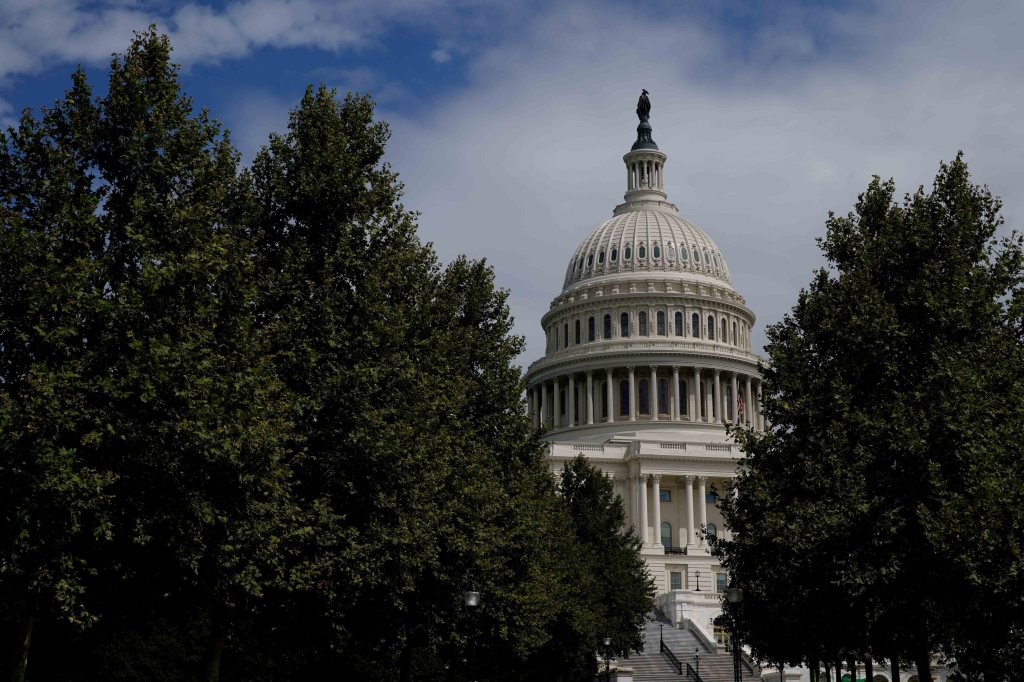House Majority Leader Steny Hoyer sent a letter to Congress Friday, saying House Democrats plan to suspend the debt ceiling next week.
The limit was most recently reinstated last month. It was set at $22 trillion, which is about $6 trillion less than the current debt load of about $28.4 trillion.
The Treasury Department has taken extraordinary measures to keep the country running with the debt that high above the ceiling. These measures will be exhausted by October which could send the United States into default.
The potential suspension comes as debate rages on over whether or not to increase the debt ceiling. Senate Minority Leader Mitch McConnell said he would not support an increase, putting the ball in the Democrats’ court.
“With a Democratic President, a Democratic House, and a Democratic Senate, Democrats have every tool they need to raise the debt limit,” Sen. McConnell tweeted regarding the debt ceiling. “It is their sole responsibility. Republicans will not facilitate another reckless, partisan taxing and spending spree.”
President Joe Biden, meanwhile, said Republicans are to blame for the rising deficit. “Let me remind you, these are the same folks who just four years ago passed the Trump tax cut,” Biden said. “It just ballooned the federal deficit.”
The White House has warned drastic cuts could come to things like disaster relief, Medicaid, infrastructure grants, school money and other programs if the debt ceiling is not raised.
On Friday, the U.S. Conference of Mayors called for a debt ceiling increase. “Both parties in Washington have added to our debt, and both parties have an obligation to make sure the United States can continue to pay its bills,” said Dayton, Ohio Mayor Nan Whaley who is president of the conference. “This is one of the most basic responsibilities of Congress, and there is no good reason for lawmakers to create a crisis that undermines the full faith and credit of the United States.”

